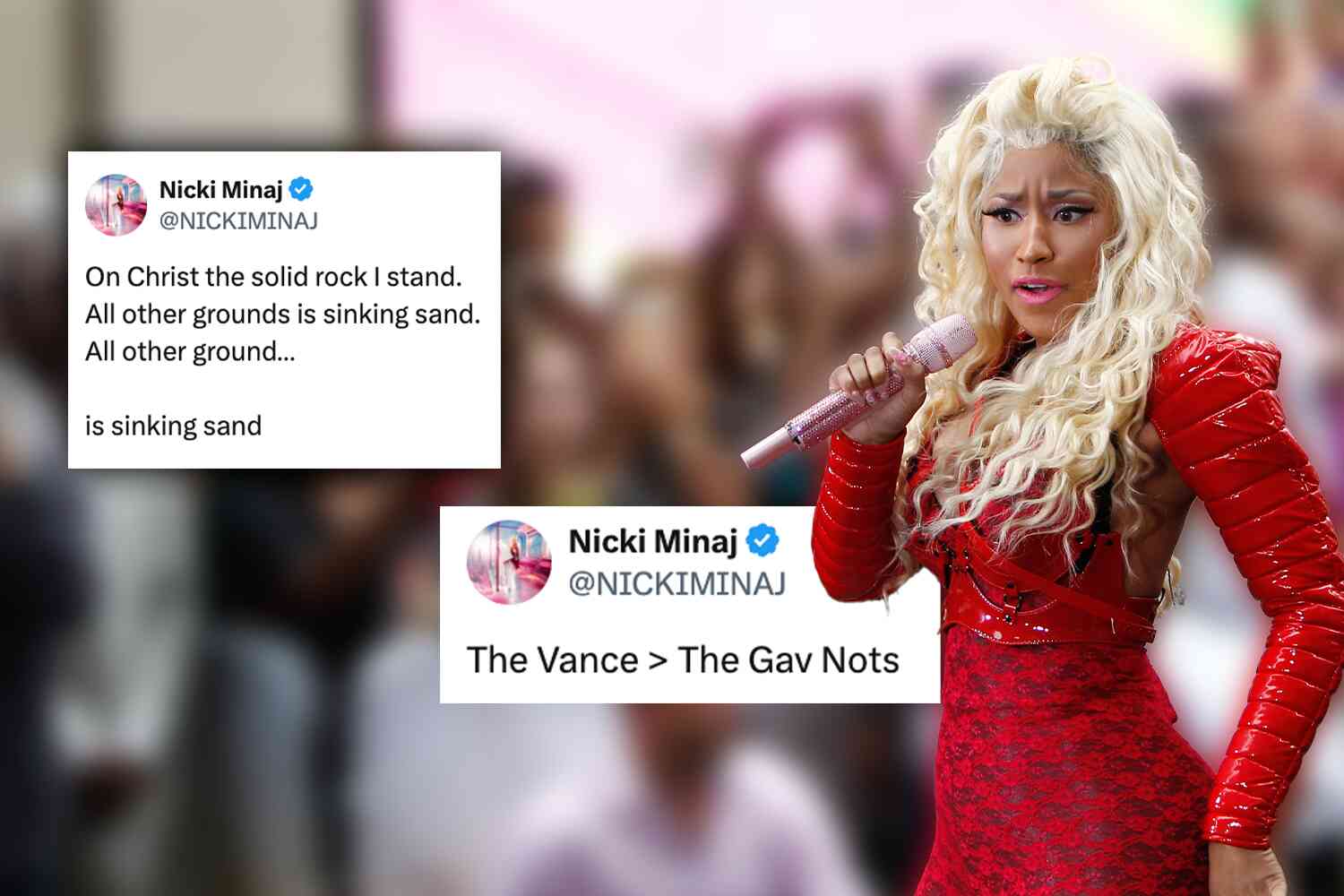What the heck kind of article is this?
This is a real headline.
Yes, I know it's filed under "opinion," but don't let that fool you. The author, Micheline Maynard, is the embodiment of mainstream media. She is a columnist for WaPo, the former Detroit bureau chief for USA Today, a reporter for the New York Times, senior editor of an NPR program, and a staffer with United Press International and U.S. News & World Report.
The views she expresses here are an avatar for what leftists and the mainstream media (but I repeat myself) believe you should think about the world (or else).
It starts with a criticism of capitalism:
For more than a century, business experts have been trying to dial up the United States' efficiency. Ever since Frederick Taylor published "The Principles of Scientific Management" in 1911, companies have focused on doing things more quickly, and raising consumers' expectations as a result.
But Taylor's ideas didn't take into account the havoc a pandemic might do to supply chains — and how that would blunt what a few months ago seemed like a looming resumption of modern daily life's zippy pace.
To be fair, there is truth in saying that our focus on "fast and cheap" has its drawbacks. Take the car industry. Right now, there are tens of thousands of new vehicles sitting unused in lots because they won't work without the computer chips required in modern cars. These chips, however, are built off technology that's more than a decade old – practically the Stone Ages for the computer world – and chipmakers don't want to prioritize their production over the swanky (and expensive) next-gen stuff that drives their profits through the roof.
Because they wanted to prioritize cost and speed, the automakers are now in a supply chain crisis that's only made worse by the effects of lockdowns, welfare incentives, and poor leadership.
But this is all a red herring. What would Maynard have us compare the American system to? Should we laud the collectivization supply chain of the USSR, bread lines and all?
Apparently so:
Rather than living constantly on the verge of throwing a fit, and risking taking it out on overwhelmed servers, struggling shop owners or late-arriving delivery people, we'd do ourselves a favor by consciously lowering expectations.
That's right. Just lower your expectations. It's a great mantra that works to inspire people in all things, from food quality to service to the kind of man or woman you want to marry.
After all, this crisis wasn't caused by greedy, ideological elites who want to use Covid as an excuse to reform the world in their image. No, it was caused by those evil American shoppers and their propensity to buy things in a free market with their unprecedented wealth and prosperity:
American consumers, their expectations pampered and catered to for decades, are not accustomed to inconvenience.
"For generations, American shoppers have been trained to be nightmares," Amanda Mull wrote in August in the Atlantic, before the supply chain problem turned truly ugly. "The pandemic has shown just how desperately the consumer class clings to the feeling of being served."
Customers' persistent whine, "Why don't they just hire more people?," sounds feeble in this era of the Great Resignation, especially in industries, such as food service, with reputations for being tough places to work.
You want quality service for your money? HOW DARE YOU??
Don't get me wrong: I think materialism has damaged America at its core, and a privileged people often find insanely stupid things to whine about (see: gender pronouns).
But this entire article skips over the cause of the problem (cough – politicians – cough) and places the blame at the feet of the average person, who was locked down, run out of business, and out of work over the last year.
I'm definitely thinking that Maynard is a Bernie supporter:
Maynard then talks about the inconveniences of having to wait a few more minutes for food delivery or buying different gifts and little boutiques around her in Ann Arbor, Michigan.
If you don't know, Ann Arbor – the home of the University of Michigan – is an entitled leftist enclave full of wealthy, educated elites. For Maynard, the inconvenience is buying a different colored coffee mug at a quaint little Hallmark store.
For most of America, however, the "inconvenience" is not having essential items for their homes and businesses.
All I can do is hope for the best. Like everybody else. And keep those expectations reasonable. Eventually the supply chain will get straightened out.
It will? What's the reason for your hope? Because Orange Man Bad is no longer around and we've got Joe Biden and Mayor Pete to help??
American consumers might have been spoiled, but generations of them have also dealt with shortages of some kind — gasoline in the 1970s, food rationing in the 1940s, housing in the 1920s when cities such as Detroit were booming. Now it's our turn to make adjustments.
She acts as if these historic events happened randomly in a vacuum...
When your family is hungry, your business is going under, and the bread lines are starting to form, just remember Maynard's words about "making adjustments"!









